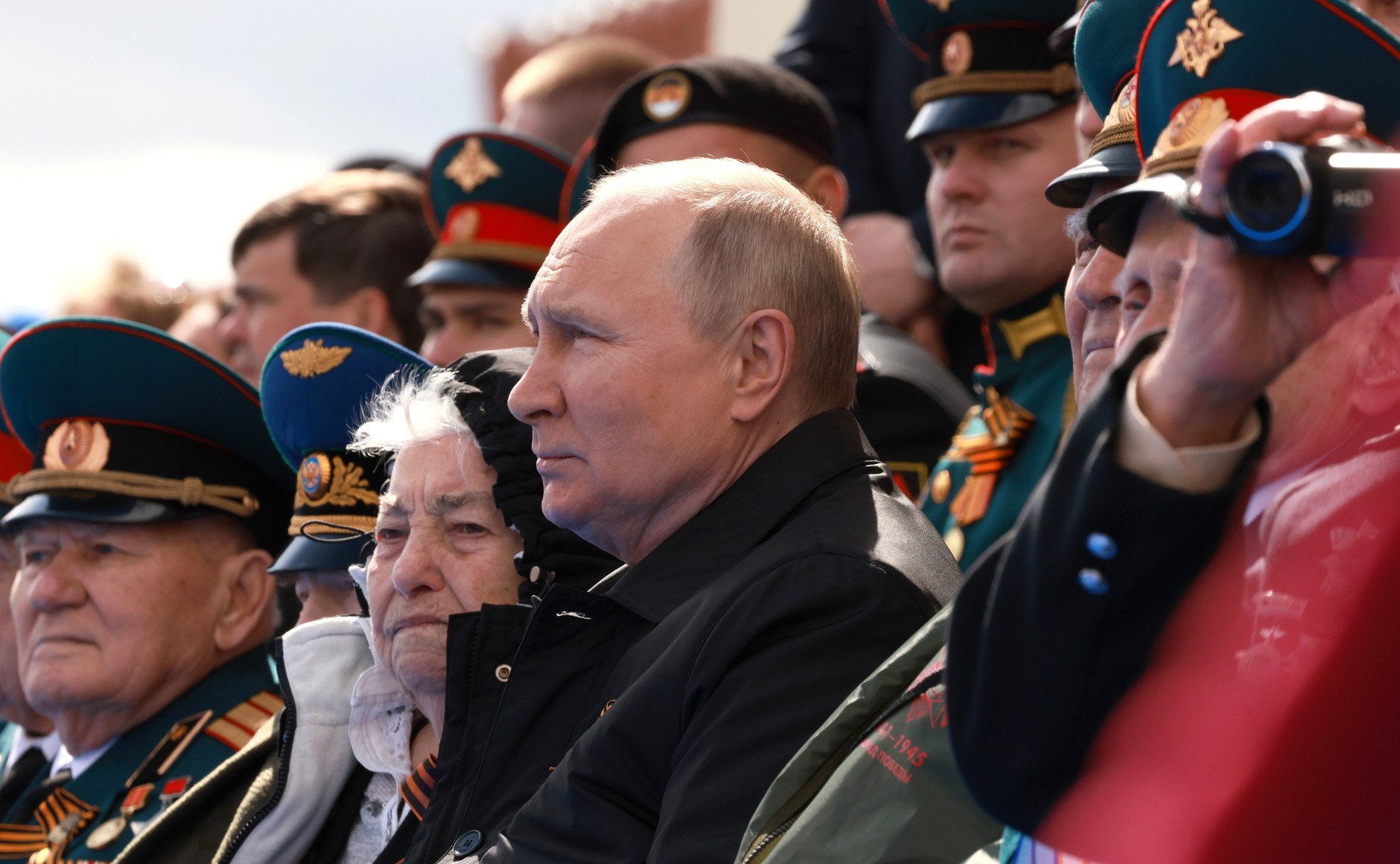Russia’s Ideological Construction in the Context of the War in Ukraine

Since the full-scale invasion of Ukraine on February 24, 2022, the Russian government has been proactive in the ideological realm to ensure the sustainability of the war for Russian society.

Counter to the claims of many Western observers, this paper argues that the Russian regime does have an ideology, which translates into a relatively coherent political project for Russia and a desire to build a new world order. This ideology is based on a set of beliefs that has evolved over the years while remaining true to its core principles. However, it draws on an eclectic doctrinal stock and multiple (sometimes contradictory) repertoires and sees content as situational and therefore malleable.
With the war, proponents of the officialization of a state ideology—all from the hawkish part of the establishment—have been gaining weight: the Presidential Administration now mainly reproduces language and tropes that have long been present in the security and military realm and have become the official doxa. Yet while new indoctrination methods and textbooks are introduced to the school system, the Kremlin has not so far recreated a Soviet-style ideological monolith: even in the context of war, it appears hesitant to engage in excessive “true teaching”, preferring a functional, technocratic understanding of ideology.
After briefly defining what ideology means for the Putin regime, this paper explores how the main set of beliefs, strategic narratives, and doctrines have stabilized and gained increased internal coherence, as well as how new textbooks and military-patriotic indoctrination mechanisms are developed, before delving into the social reception of this official ideology.
Marlène Laruelle is Research Professor and Director of the Institute for European, Russian and Eurasian Studies (IERES) at George Washington University (Washington DC). At IERES she is also Director of the Russia Program, of the Illiberalism Studies Program, and Co-director of PONARS-Eurasia. Since January 2019, she has been an associate research fellow at Ifri’s Russia/Eurasia Center (formerly Russia/NIS Center).
Download the full analysis
This page contains only a summary of our work. If you would like to have access to all the information from our research on the subject, you can download the full version in PDF format.
Russia’s Ideological Construction in the Context of the War in Ukraine






